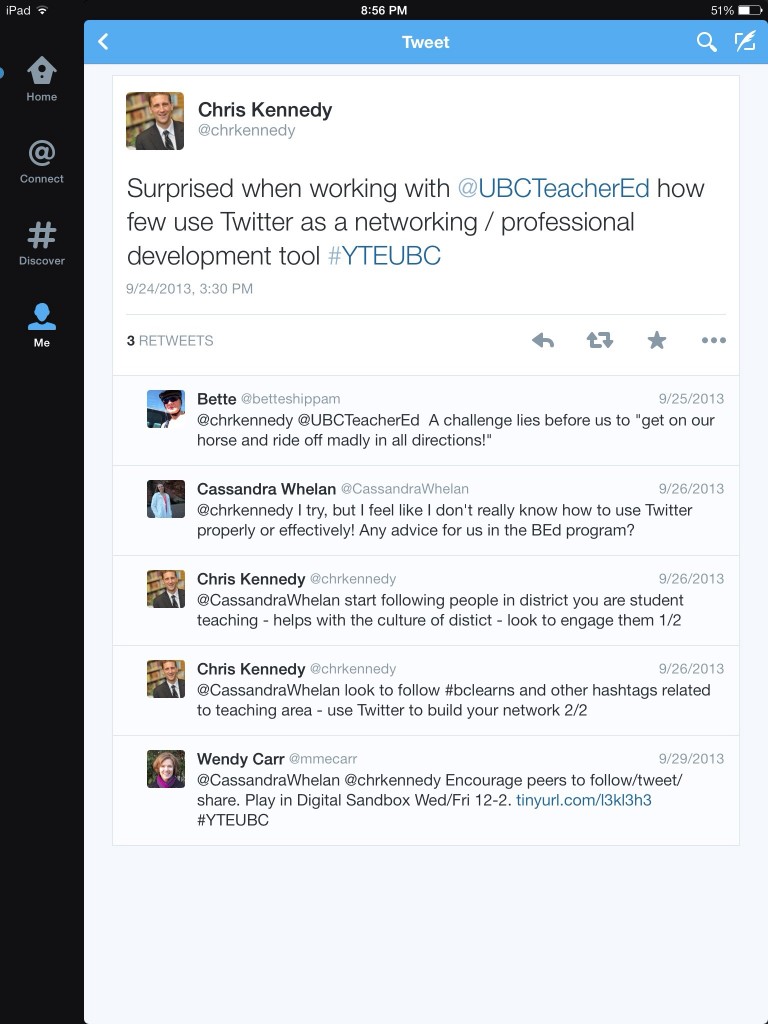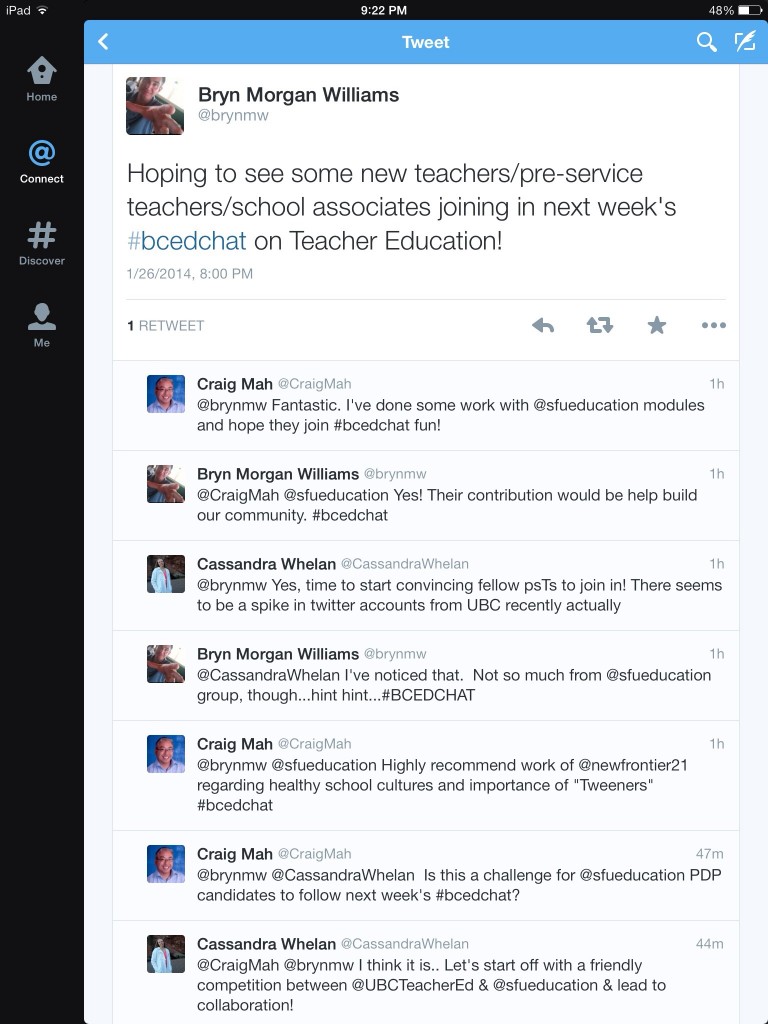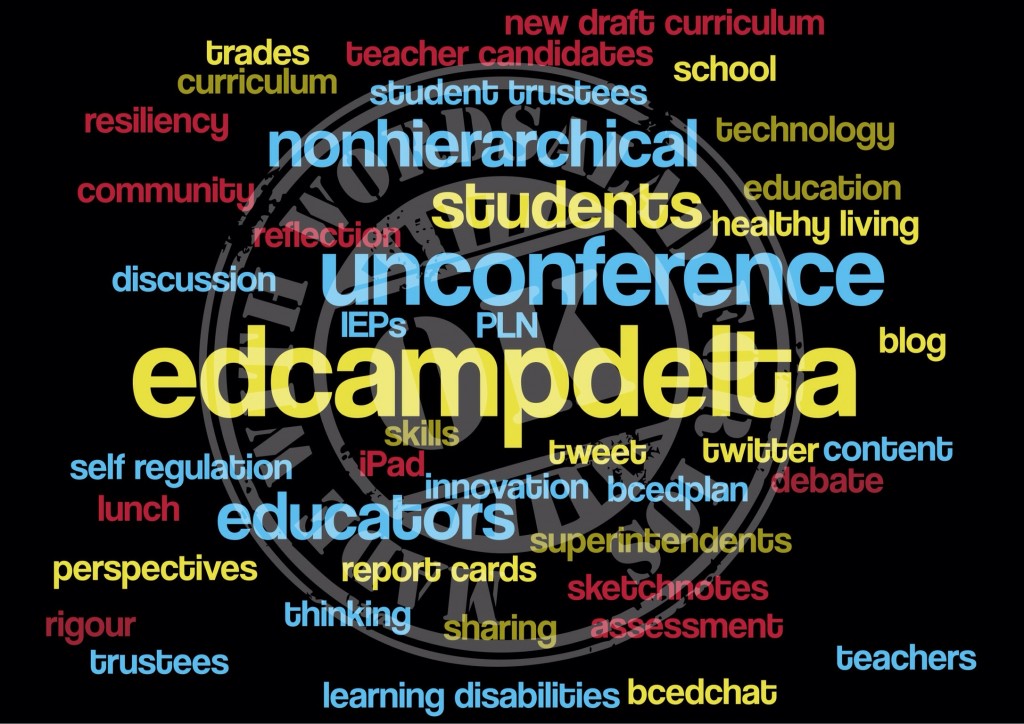When thinking about discussing education my mind diverts to going on Twitter or to the staff room or to workshops and speaking with other “educators”. The other day when I logged into my Facebook account, a social media I use primarily for contact with friends and family around the world, I found this post by my friend Mikel Gomes, an engineering student:
“I think we need to stop telling kids to write neatly, especially where math and science are concerned. Exploration is messy. When a pupil is doodling or writing chicken scratch they are exploring the bounds and possibilities of their knowledge truly and honestly and in their own domain. In this chaos is potential; the potential to discover things in a meaningful way to the individual which promotes true understanding. It is when you remove this exhilaration of discovery and exploration that the beauty of the task is diminished. By making a student subscribe to your preconceived notion of what a warehouse packaged correct answer should resemble you extinguish scientific curiosity and if you love science as I do you will understand how heartbreaking that is. It encourages skipping ahead to the preexisting solution. And if perchance you can’t read the writing it is a wonderful opportunity to sit down with the student and discuss what went through their head in the process. I realize this is perhaps impractical… But what if that kid grew up to invent fusion?”
I love these thoughts and the thinking it led me to (as well as the eloquence of his writing!). The other day in my language arts/literacy course we had a discussion along these lines. We weren’t necessarily looking at the issue through a science or math subject area lens, but were questioning when we need to expect legible grammatically correct work, and when we can let students simply allow their ideas to flow such as in journal writing, or writing a story.
In my reflection to both this post, and our class discussion, I think it is so crucial to allow kids (or anyone!) to express themselves and their ideas in a variety of ways. For some, doodles or models may make more sense than written output. I feel like there is a current movement in education towards making, maker faire for example, and applying concepts. To me, it is exciting and I am optimistic in the sense that we are working towards giving students more freedom of expression and opportunity to explore. I do believe students need to learn a variety of skills, including clear written communication, but throughout this learning process I think they need the time for messy dabbling with concepts. From here they are discoverers and creators. How they disseminate their understanding or knowledge is simply another 21st century skill they need to be equipped with.
Many others commented on this post, touching on points from the time it would take but what it could be worth, the importance of legible handwritten communication in engineering firms, the constraints on imagination, discovery, and curiosity by putting pen to paper, and the skills of organizing, synthesizing and communicating.
The questioning and reflecting for me is continual, and it is approaching me frequently in more and more forms.. Just a first thought above! Thanks for reading and I would love to hear your opinion in the comments below.

 Follow
Follow

